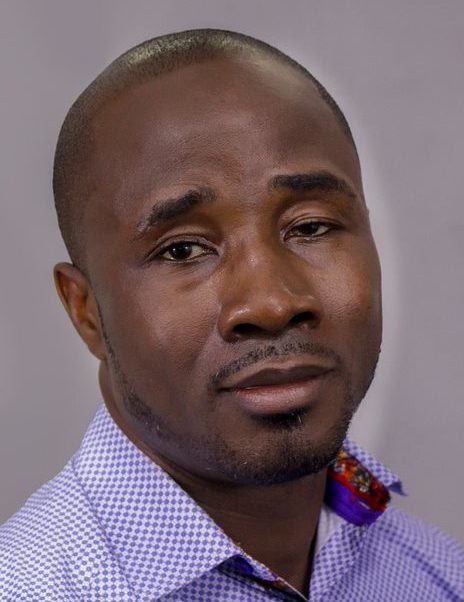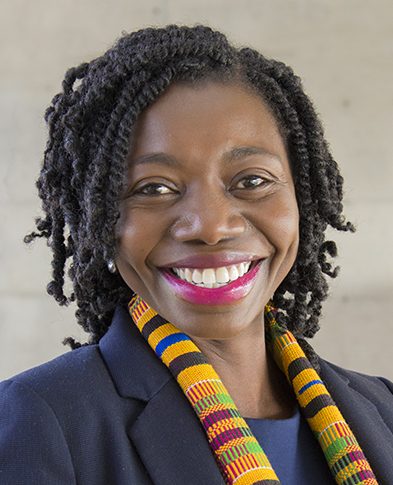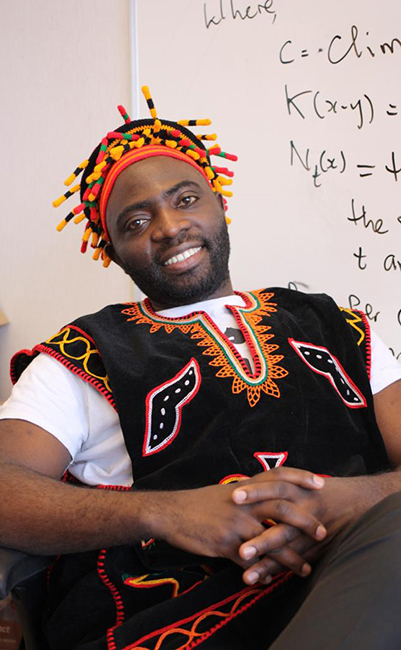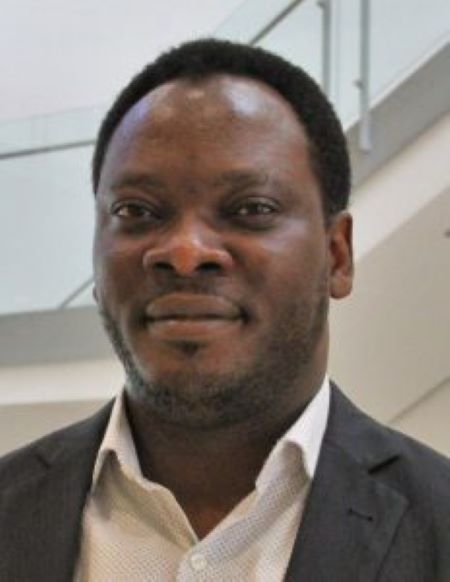
By Elaine Smith
A group of professors affiliated in various ways with York University’s African Studies Program join forces to create a unique, interdisciplinary research cluster focusing on adaptive knowledge, response, recovery and resilience in transnational Black communities.
The research cluster focuses on the nexus between structural injustices and Black communities’ adaptive knowledge systems and resources for mitigating, responding to and recovering from epidemics.
The Overcoming Epidemics: Transnational Black Communities’ Response, Recovery and Resilience cluster was born in response to a call from the vice-president, research and innovation to accelerate interdisciplinary research with a focus on United Nations Sustainable Development Goals (UN SDGs) around key institutional strategic initiatives.

“We built on our existing relationships to develop a team to harness our expertise and research interests to look at inequity concerns in disease outbreaks among Black communities,” says Mohamed Sesay, assistant professor and co-ordinator of the African Studies Program in the Department of Social Science in the Faculty of Liberal Arts & Professional Studies (LA&PS). “We were interested in connecting health questions to structural and social justice questions.
“We’re not just interested in outbreaks among Black communities, but in knowledge systems. We want to develop an intersectional, feminist and decolonial framework to interact with communities’ responses to epidemics and the barriers they face.”
While the call for funding may have given the group the impetus to formalize the project idea, the members all have an interest in creating an interdisciplinary consortium. In addition to Sesay, the interdisciplinary team of researchers includes LA&PS Professors Sylvia Bawa, Mary Goitom, Uwafiokun Idemudia and Nathanael Ojong, Glendon Professor Gertrude Mianda, Faculty of Science Professor Jude Kong, Lassonde Professor Solomon Boakye-Yiadom, Faculty of Health Professor Oghenowede Eyawo and Faculty of Education Professor Oyemolade Osibodu. The group is currently working in partnership with the Black Creek Community Health Centre in Toronto and leveraging ongoing collaborations to consolidate/establish research partnerships around Africa.
“Our partners appreciate that we are Black scholars researching pressing issues of inequality and epidemics that affect us as Black people,” says Sesay.

“All members of the cluster are aligned in our interests to conduct research differently and in ways that move away from orthodox extractive practices,” says Bawa, an associate professor of sociology.
“We want to be sure the knowledge we create has practical policy implications, but you can’t study epidemics in isolation without considering historical events and the current climate. We plan to create knowledge in a decentralized way, collaborating with communities so that we serve them without exploiting them.”

Adds Kong, an assistant professor in the Department of Mathematics and Statistics and director of ACADIC, “We want the communities to tell us what the problems are. We are tools for them to use to solve these problems. It is research being done from the grass roots up and we want to see the learning that takes place.”
Western PhD candidate Alice Sedziafa, the co-ordinator of the cluster, says that epidemics are the common starting point for their research, but they want to see what other issues each community faces, such as the gender-based violence and to create evidence-based solutions.

Notes Eyawo, an assistant professor of global health epidemiology, “We will be centering the voice of the communities in knowledge and solutions production, which is quite unique. In the past researchers have come to communities and acted as experts. We will co-create the research questions and generate knowledge together with the community.”
In addition to the initial cluster funding, they are currently preparing Social Sciences and Humanities Research Council of Canada Partnership Development and Engage grants applications and have applied for the second round of cluster funding with an eye toward a three-year cycle of research activities.
